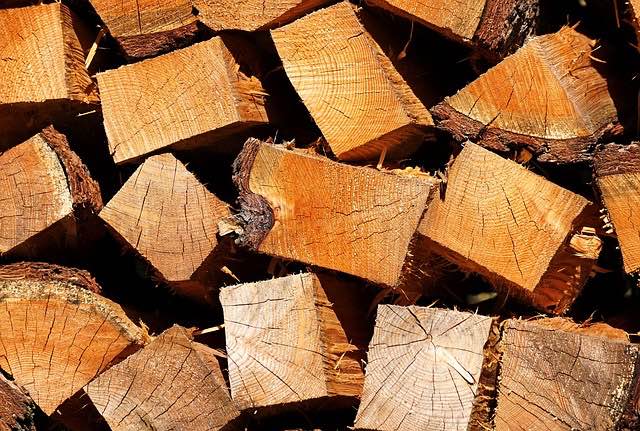Advantages of Natural Seasoning of Wood

There are many reasons for drying wood, and improving properties of wood to be used for construction is the main aim. Four main Advantages of Natural Seasoning of Wood include:
Increases Dimensional Stability of Wood
Wood shrinks across the grain (not along it) when it dries. If wood is cut to size before seasoned, it will shrink during drying and thus be undersized in its final form. Natural seasoning of wood helps to improve its stability by reducing its moisture content. This can help to prevent warping, cracking, and other forms of damage that can occur as a result of changes in moisture levels.
Increases Durability of Wood
To reduce or eliminate attack by decay or stain. Wood that is dried below 20 percent moisture content is not susceptible to decay or sap staining. When wood is naturally seasoned, it becomes stronger and more durable, which can help to extend its lifespan and reduce the need for repairs or replacements.
Moisture is one of the main contributors to wood decay, and natural seasoning helps to reduce the moisture content of the wood, which can in turn reduce the risk of decay and insect damage.
Reduces Weight of Wood
Another advantage of natural seasoning of Wood is that the weight of lumber will be reduced by 35 percent or more by removing most of the water in the wood or, as we say, by "seasoning."
Increases Strength of Wood
As the wood dries, the stiffness, hardness, and strength of the wood increase. Most species of wood increase their strength characteristics by 50 percent or more during the process of drying to 15 percent moisture content.
Improves Workability of Wood
Seasoned wood is easier to work with and can be more responsive to cutting, shaping, and other forms of manipulation. This can make it easier to achieve precise cuts and create complex designs.












